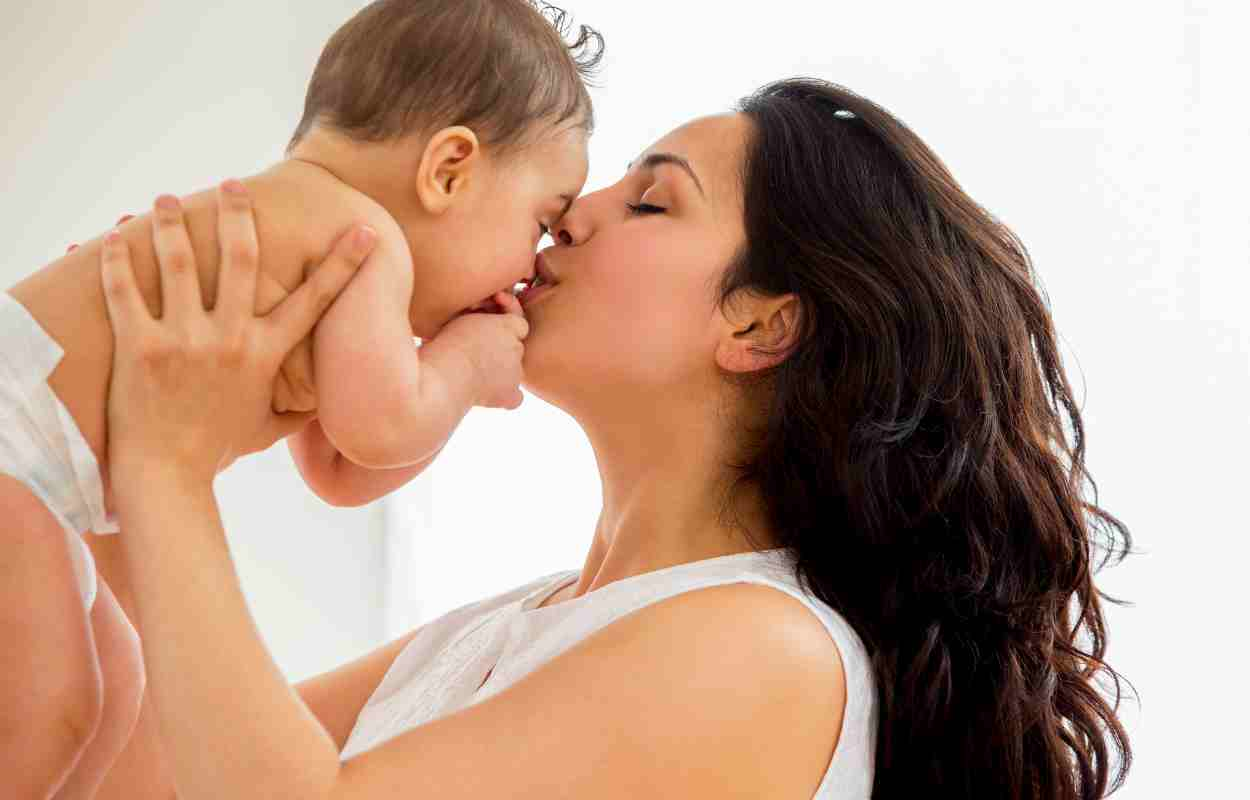
This is a guest post by Michael Doherty from themichaelfiles.com (he passed away on May 1st 2023 RIP to my best friend)
This is the follow up to Michael’s guest post ‘Why Are Relationships Challenging’. If you haven’t read that post, I suggest you do before reading this one.
Families and Children
Up until now the relationship has been between two people, and can be successful. Each partner may bring what is needed to maintain and grow the relationship.
Now It All Changes
Why It All Changes
From the point of view of evolution, the only reason the couple got together was to reproduce, and for each of them to pass on their genes to the next generation. As far as evolution is concerned, it doesn’t care about the parents. Their only role is to provide and protect, and this is especially the
man’s role.
He has gone from being the most important, to being number two, and if she has a dog, perhaps number three.
During the pregnancy, all attention from friends and family, as well as from society, is on the mother-to-be. Once the birth has taken place, all attention is on the new baby.
(I’ll use the masculine ‘he’ to avoid ‘he/she’ etc. Also the male ‘only child’ faces more problems than the female one, as we shall see)
The New Setup

Often, during his earlier upbringing, all his wants were catered for. If this was taken to excess, he will have been spoiled; not taught that compromise and sharing are required if he is to fit in with his peers.
The problems start when he starts to socialise, attending nursery, attending school, and mixing with other children. He is now faced with the fact that he is no longer No. 1; he is one of many, all of whom are vying for attention. This can be very traumatic for the only child.
Why The Male Child Suffers More
As the male only child grows, he will be affected by the fact that he has little or no experience of relating to other children. Those from larger families have been forced to learn compromise and sharing because of the interests of siblings. This is why it is often better in many ways if there are other children in the family, especially if there isn’t a wide age gap between the siblings. If the age gap is very wide, each child may suffer from the disadvantages of the only child.
Effects Of A Large Age Gap
If the first child is a young teenager when the new baby arrives, the effects will be even more acute. There will be all the problems of being a teenager, the isolation, the rejection by his peers, the indifference, the relationship difficulties, the difficulties of dealing with authority figures, all the while trying to cope with the hormones raging through his body.
His powerful biological drives are in charge, but to exercise them, to satisfy them, is inappropriate or even unacceptable in modern society, and so he is left with having to suppress very powerful feelings and emotions, in order to fit in to a society which is dysfunctional in itself.
And Then Another Rival
He needs to regain attention, and if being ‘good’ doesn’t do it, he will be ‘bad’. Any attention is better than none, even if it involves punishment. This is often demonstrated in adult life where women, in particular, will put up with violence from their partners, because it is a form of attention.
How To Reduce The Damage
The first child needs to be understood. His emotional needs must be catered for. His bad behaviour is a cry for help. When he says he hates his brother/sister, or that he wishes they were dead, this must be understood as a natural, normal reaction. It’s not something that he consciously decides – it’s a natural reaction – it’s his survival mechanism kicking in.
Up to the age of about 9 or 10, he is unable to rationalise, unable to understand what’s going on, and more importantly why it’s happening. He has not developed that ability yet. So it is important that his parents understand where he’s coming from. It can be very difficult for parents to ‘love’ a misbehaving child, but it is essential if further psychological damage is to be avoided. The parents need to realise that there are two factors involved here – the child, who needs to feel of value, and his behaviour. They are two separate things and they must be treated separately.
The child can be loved, even while the behaviour is not tolerated.
All this applies even more so if there is another addition to the family. The now middle child is in an even worse position. He is now feeling rejected in favour of the new arrival. He has had some experience of fitting in with his older sibling, so there is less difficulty from that point of view, but now he feels invisible. The older sibling is important, being the first born, and all the attention is now focused on the new arrival, so the middle child suffers a double rejection.
You will often see that a middle child is very different from the other children – doesn’t seem to be part of the same family. This is because of the unique position that this child is in – between two other children who are, or have been, more important.
We must also be aware that our most important job in life, raising children, is the very job for which there is little or no training in society or even in schools, where more attention is paid to the mechanics of copulation than in teaching awareness and understanding of the powerful emotional issues facing children, particularly during the teenage years.
Your thoughts on this topic are welcomed.
